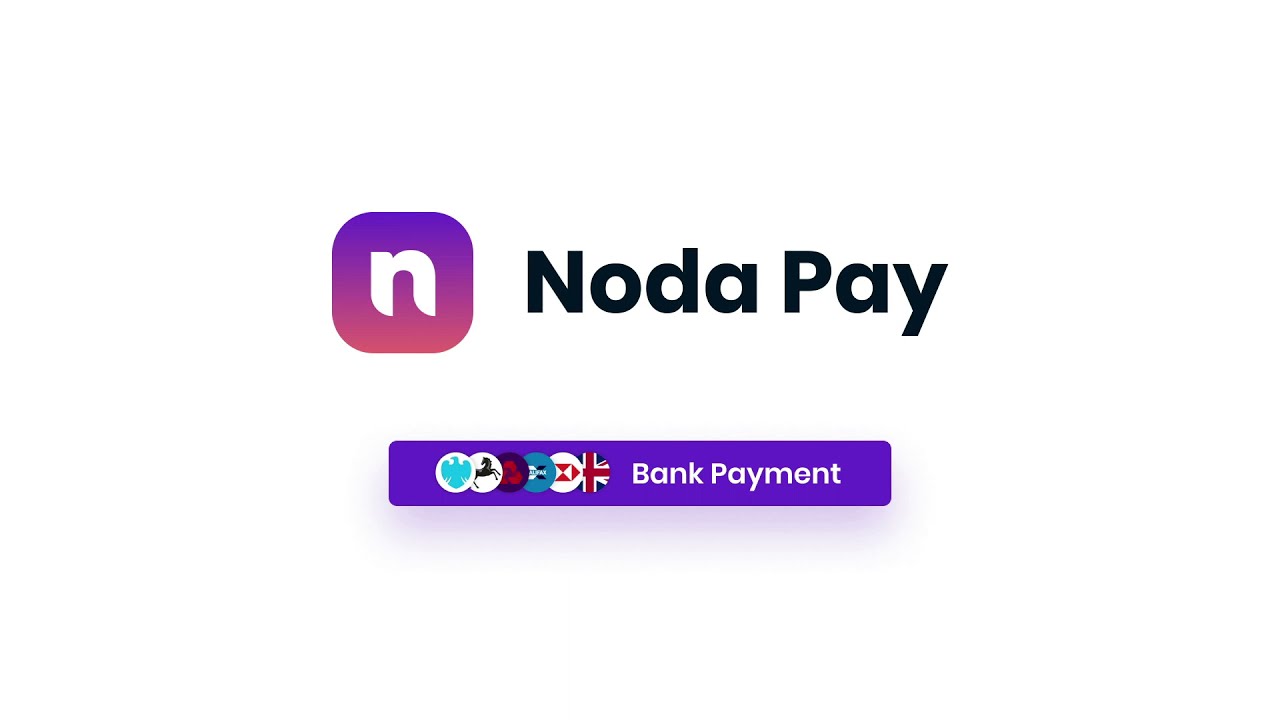
As technology continues to advance and consumers grow more digitally savvy, the financial industry faces a critical juncture. Among the disruptive transformations reshaping this sector, open banking payments stand out, symbolizing a significant shift from traditional transaction methods. They offer a promising path towards faster, more transparent, and more user-friendly financial transactions for both consumers and businesses.
At its core, open banking revolves around sharing banking data through Application Programming Interfaces (APIs). Open banking payments leverage this shared data, allowing third-party providers to initiate payments directly from a user’s bank account. This bypasses the traditional card networks and payment gateways, leading to quicker and often cheaper transactions.
For instance, when shopping online, instead of entering card details or using a third-party payment service, customers can consent to a direct bank transfer via an open banking platform. The payment is instantly transferred from the customer’s bank account to the merchant’s bank, eliminating intermediaries and reducing transaction costs.
While the prospects of open banking payments are enticing, there are challenges to navigate:
The development of open banking payments seems promising. As more banks and fintech companies adopt and promote this technology, the likelihood of its adoption will dramatically increase. Here are some potential future trends:
Global Expansion: While certain regions like Europe and the UK are at the forefront, other parts of the world are gradually warming up to the idea. As more countries embrace open banking, the global ecosystem for such payments will flourish.
Integration with IoT: As the Internet of Things (IoT) grows, open banking payments could integrate with smart devices. Imagine smart refrigerators automatically ordering and paying for groceries when they detect a shortage!
Personalized Consumer Experiences: With access to transaction data, businesses can offer more personalized shopping experiences. This could manifest in the form of tailored discounts, loyalty rewards, or product recommendations.
Enhanced Business Solutions: Beyond just the transaction, open banking payments will pave the way for comprehensive business solutions. These could range from advanced financial analytics tools to automated reconciliation systems.
Open banking payments are not merely a new way to transact; they represent a broader shift in the financial industry towards more direct, transparent, and efficient processes. While challenges exist, the potential benefits for consumers and businesses are significant.
As the world becomes more interconnected and digital, the demand for fast, secure, and transparent payment methods will only rise. Open banking payments are well-positioned to meet this demand, especially when strengthened by technologies like secure payments from Noda. The new era in financial transactions is already well underway.
Couples' financial planning helps them to realize their shared objectives and cohesive tactics, therefore turning… Read More
A Young Entrepreneur’s Visionary Talks with a Global Economic Leader Signal a Bold Future In… Read More
Saving money is a goal shared by all business owners. Some costs can be cut… Read More
Switching to solar energy is a smart financial move for most homeowners, but understanding the… Read More
Access to pharmacy services has evolved significantly, driven by technological advancements and changing patient needs.… Read More
The Sim Corder/Harrison Mill represents an enduring symbol of American ingenuity, community, and progress. As… Read More